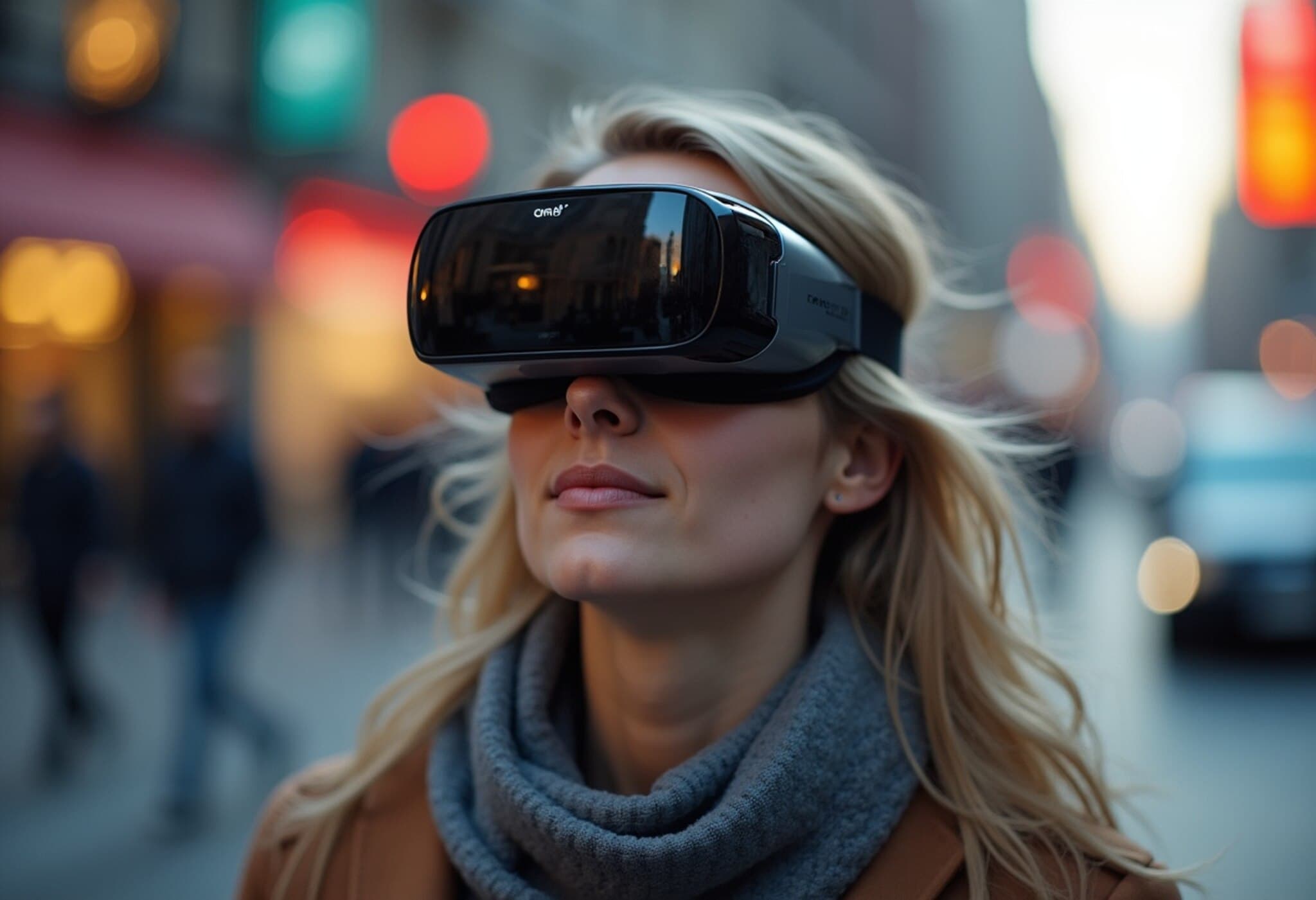Reality Labs Posts $4.53 Billion Operating Loss in Q2 2025
Meta Platforms Inc.'s Reality Labs division, the innovation arm focused on virtual and augmented reality technologies, announced a substantial operating loss of $4.53 billion for the second quarter of 2025. Despite a revenue of $370 million during the period, the division continues to operate deeply in the red as it pushes forward its vision for the metaverse and immersive computing.
The reported loss was slightly below Wall Street's expectations, which anticipated a loss of around $4.99 billion alongside revenue projections of approximately $381 million, signaling investors' cautious optimism amid heavy spending.
Driving Innovation: Quest VR and Ray-Ban Meta Smart Glasses
Reality Labs oversees Meta’s flagship Quest virtual reality headsets and the increasingly popular Ray-Ban Meta smart glasses, developed in partnership with the eyewear conglomerate EssilorLuxottica. These smart glasses blend traditional eyewear with augmented reality features and are part of Meta’s strategy to pioneer next-generation immersive experiences beyond traditional screens.
While the Quest VR headsets have yet to achieve mainstream breakthrough status, the Ray-Ban Meta smart glasses have seen remarkable growth. EssilorLuxottica recently reported that sales of these smart glasses more than tripled in the first half of 2025 compared to the same period last year. This surge reflects growing consumer interest and the potential of wearable AR technology.
In June, the partners launched the Oakley Meta smart glasses, expanding their product lineup and signaling a renewed focus on fashion-forward, tech-integrated eyewear designed to capture a broader audience.
Substantial Investments Amid Persistent Losses
Reality Labs has amassed nearly $70 billion in cumulative losses since late 2020, underscoring the immense costs tied to pioneering frontier technologies like VR and AR hardware and software. In the first quarter of 2025 alone, the division recorded a $4.2 billion operating loss on $412 million in revenue.
Meta's CEO Mark Zuckerberg continues to position Reality Labs as a cornerstone of the company’s long-term strategy, betting on immersive experiences as the future of computing and social connection. However, these losses raise critical questions about the timeline and viability of turning these investments into profitable products.
Workforce and Strategic Shifts
Meta recently disclosed workforce adjustments, including reductions within the Oculus Studios VR and AR software unit, reflecting an ongoing recalibration of resources to optimize the division's innovation pipeline and financial sustainability.
Expert Insights: The Road Ahead for Meta’s Metaverse Ambitions
Industry analysts acknowledge that Reality Labs is essentially a 'moonshot' initiative, developing technologies that could reshape digital interactions for decades. The capital-intensive nature of VR/AR development, combined with still-nascent consumer adoption, means patience and continual innovation are required.
From a policy and economic perspective, Meta’s heavy investment highlights a broader shift towards immersive technologies, driving competition that may influence future regulatory landscapes around data privacy, device safety, and digital content governance.
The Ray-Ban Meta smart glasses’ impressive sales surge suggests wearables could be the entry point for mainstream consumer adoption of AR, positioning Meta as a frontrunner if it continues to refine usability and affordability.
Critical Questions Remaining
- Can Meta sustain its heavy financial losses while accelerating consumer adoption of VR and AR technologies?
- How will emerging competitors in the AR eyewear market challenge Meta’s position?
- What regulatory hurdles could impact the deployment and privacy safeguards of AR/VR platforms?
- Will recent workforce changes within Oculus Studios improve long-term innovation and financial health?
Editor’s Note
Meta’s Reality Labs embodies the tension between visionary technology and near-term financial realities. While heavy losses persist, burgeoning smart glasses sales underscore a promising pivot toward devices that marry style and functionality. As immersive technologies inch closer to everyday life, stakeholders must watch closely how Meta balances innovation, consumer appeal, and economic sustainability. The journey toward a metaverse-powered future remains as fascinating as it is uncertain.



















